In today’s information-driven world, organizations like Zizi Afrique Foundation are increasingly focused on effectively managing their knowledge assets. Knowledge management (KM) is a structured process involving the identification, organization, storage, and dissemination of valuable information within an organization. By harnessing the collective knowledge of a workforce, KM systems streamline operational efficiencies and accelerate decision-making, making it a crucial strategy for foundations dedicated to educational and social development.
When knowledge within an organization isn’t readily accessible, inefficiencies can arise. Employees may spend excessive time searching for information rather than focusing on core tasks. A well-executed KM system can address this by centralizing information access, reducing search time, and enabling more outcome-focused work. Organizations that effectively implement KM strategies generally tend to achieve their objectives more swiftly. Enhanced organizational learning, collaboration, and improved employee satisfaction are among the many benefits that effective knowledge management can bring.
Knowledge management involves diverse types of knowledge, each uniquely valuable to an organization. Tacit knowledge, which is acquired through experience and intuition, can be challenging to transfer because it resides within individuals and is not easily codified. It encompasses skills like leadership abilities, language, and facial recognition. Implicit knowledge, often conflated with tacit knowledge, exists within processes but may not yet be documented. It represents a person’s “know-how” and can often be codified with some effort. Explicit knowledge, however, is documented in manuals, databases, reports, and guides. This type is straightforward to share and transfer across teams, forming a solid foundation for new employee training and the retention of organizational knowledge.
The process of knowledge management can be distilled into three essential stages. First, knowledge creation, where the organization identifies and documents existing or newly generated knowledge for future use. Next is knowledge storage, involving a centralized system or repository that houses the organization’s knowledge, formatted for easy access and retrieval. Finally, knowledge sharing focuses on distributing knowledge widely across the organization, allowing employees to quickly access the information they need. Foundations with a culture of knowledge sharing often have an edge, as their employees are more informed and agile.
Various tools will support the implementation of knowledge management at Zizi Afrique Foundation. Intranets, such as Microsoft SharePoint, provide a centralized platform for storing and sharing documents, facilitating collaboration, and streamlining workflows. These intranets enable easy access to resources like operational guidelines, project documents, and internal communications, enhancing overall efficiency and knowledge sharing within the organization. Websites serve as a public-facing platform for disseminating information, sharing research findings, and engaging with stakeholders. They can host a variety of content, including reports, articles, multimedia resources, and educational materials, making them an essential tool for knowledge sharing and outreach. Data warehouses, such as Azure Database, centralize and aggregate data from various sources, supporting comprehensive data analysis and facilitating data-driven decision-making. These warehouses enable the foundation to store large volumes of data securely, perform complex queries, and generate insights that inform strategic planning and program development.
Platforms like Padlet offer interactive and user-friendly ways to organize and share information. They can be used for brainstorming sessions, project planning, and collaborative learning. These tools support real-time collaboration and allow team members to contribute ideas, share resources, and stay updated on project progress.
Beyond technology, the success of knowledge management depends significantly on human elements and organizational culture. Leadership plays a critical role in promoting a knowledge-sharing culture, which is foundational for collaboration and goal alignment. For instance, when managers encourage and reward openness, teams are more likely to trust each other and collaborate effectively. Additionally, creating communities of practice—dedicated forums where employees can share expertise—can reduce reliance on specific individuals and broaden the organization’s knowledge base.
Organizations with a robust knowledge management framework benefit in several ways. Knowledge consolidation can reveal skill gaps, helping management identify areas for growth or hiring. By making knowledge accessible and up-to-date, employees are better equipped to make informed, data-driven decisions that align with the foundation’s goals. KM also allows organizations to retain critical knowledge, creating a “memory” that persists even if experienced employees leave. Streamlined access to information enhances productivity, allowing employees to spend less time on research and more time on value-generating activities. Further, KM systems promote transparency and alignment across teams, encouraging innovation and open communication. To protect this valuable information, KM systems offer customizable permissions and document security, ensuring that knowledge is shared only within approved channels.
Knowledge management is thus a powerful tool for modern organizations like Zizi Afrique Foundation. As foundations become more reliant on information and expertise, a well-executed KM strategy provides a significant development edge. It not only improves operational efficiencies but also contributes to employee satisfaction and retention, fostering a workplace culture of continuous learning and collaboration.
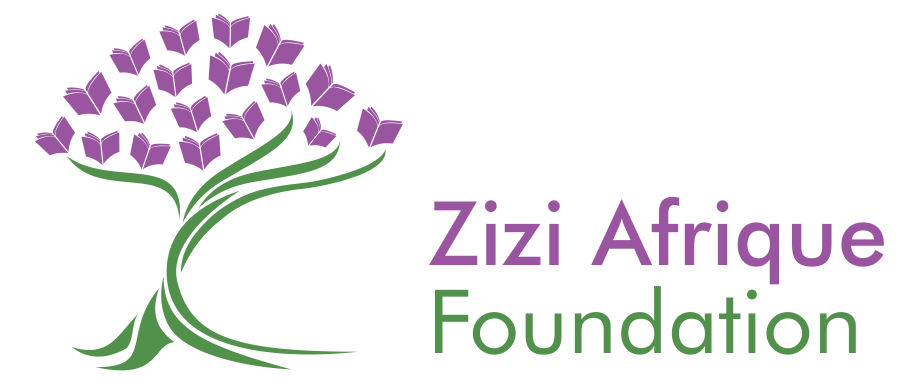

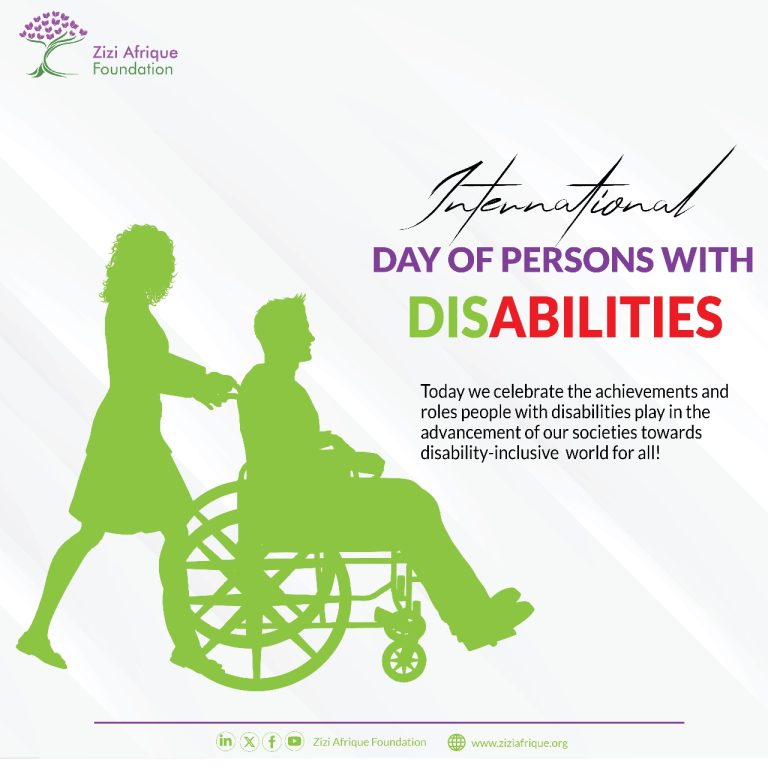
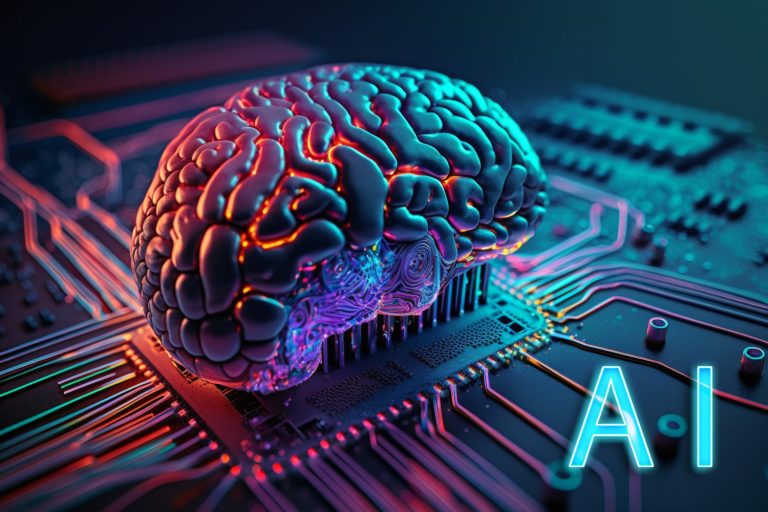
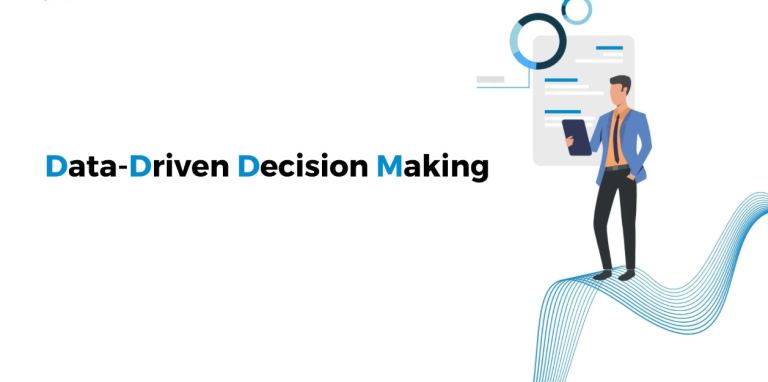
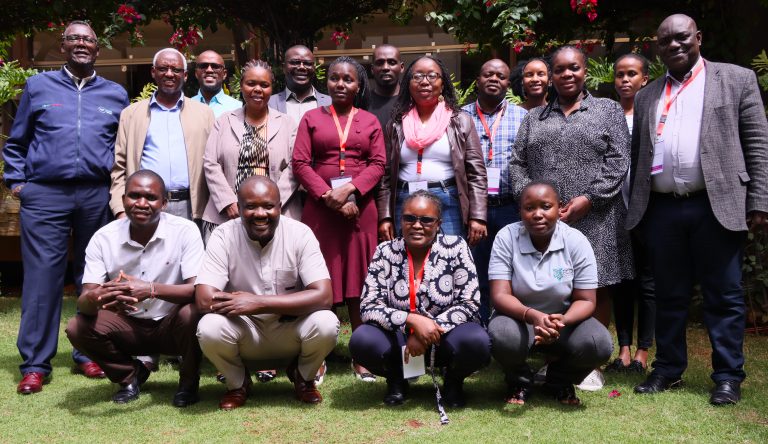
Great work..